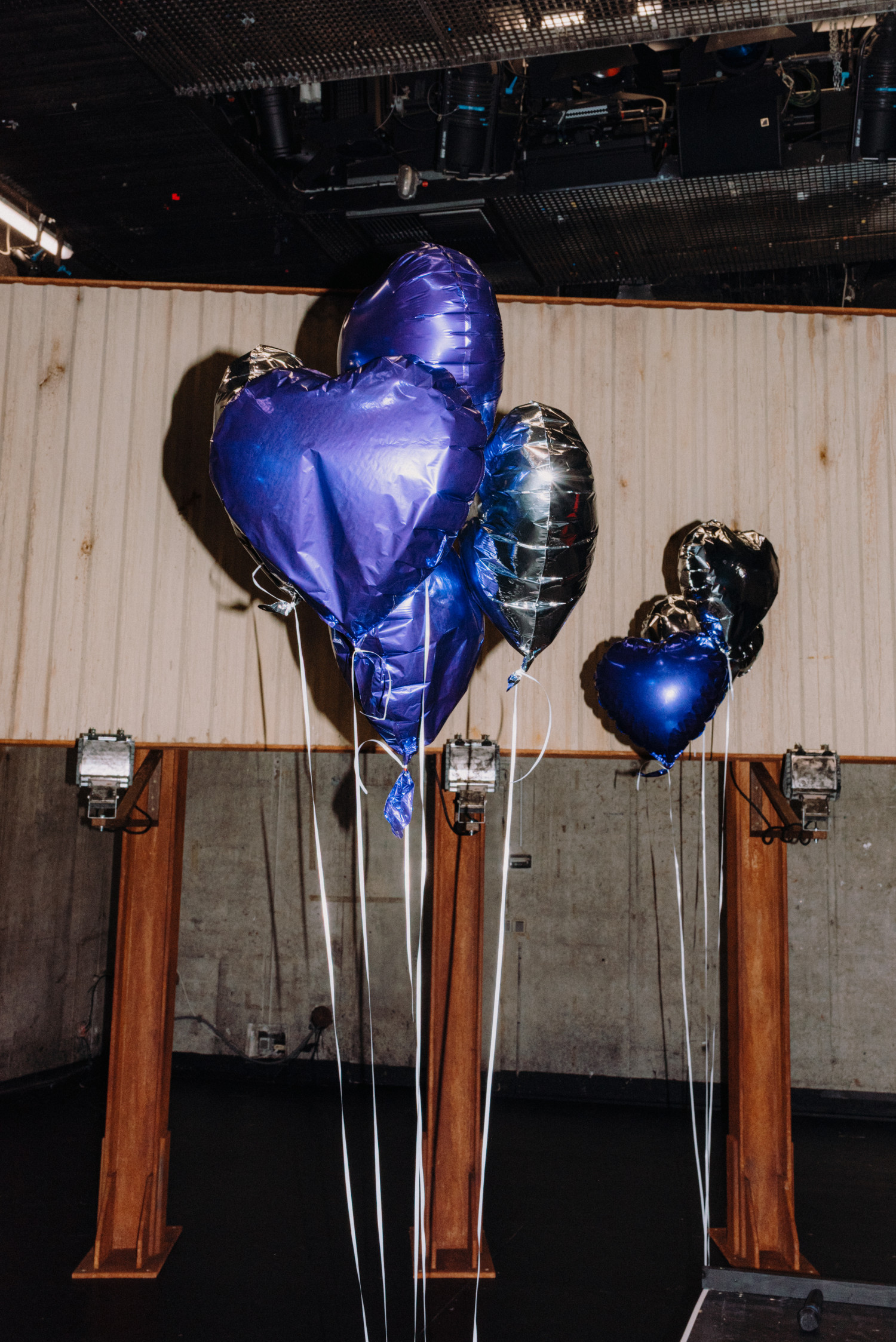
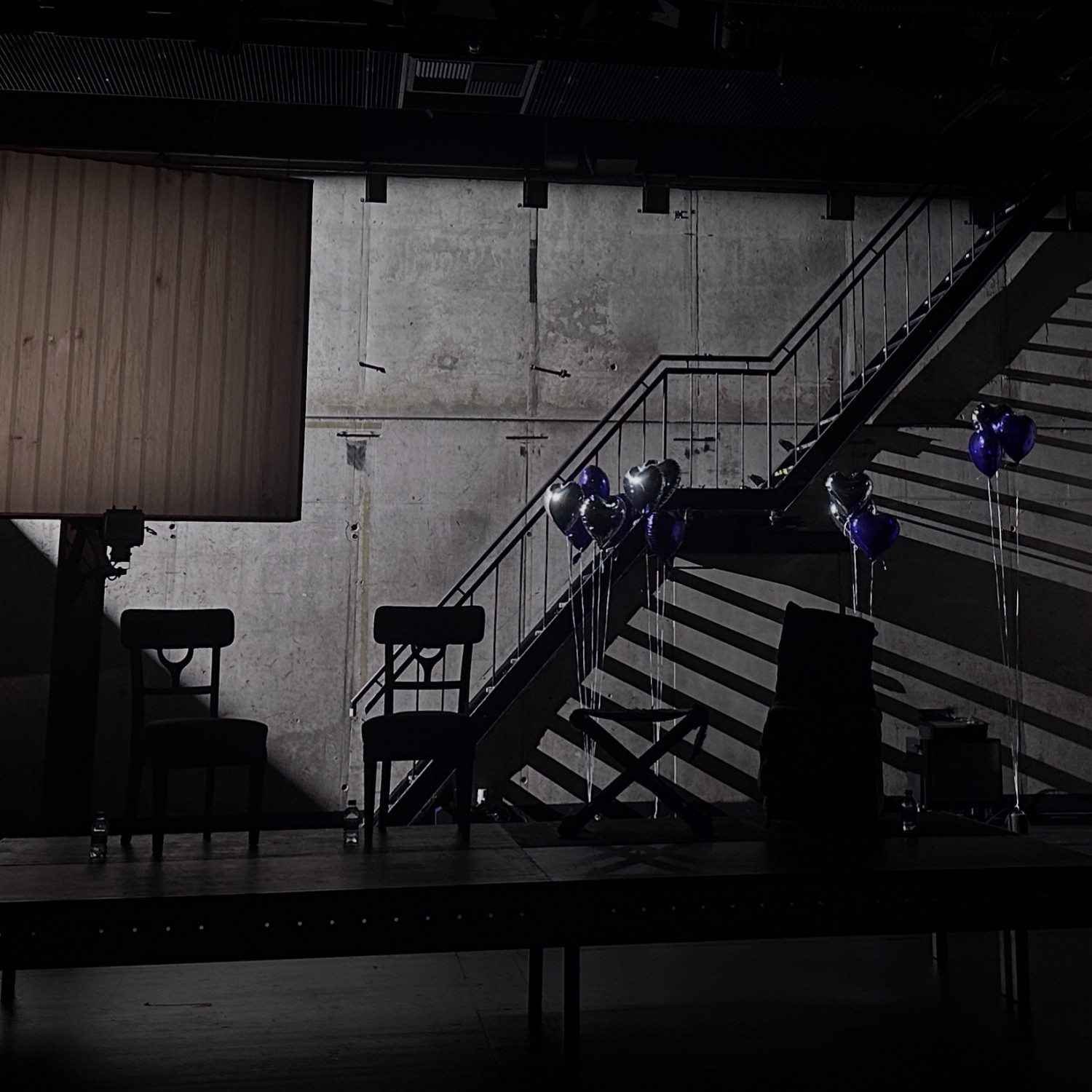
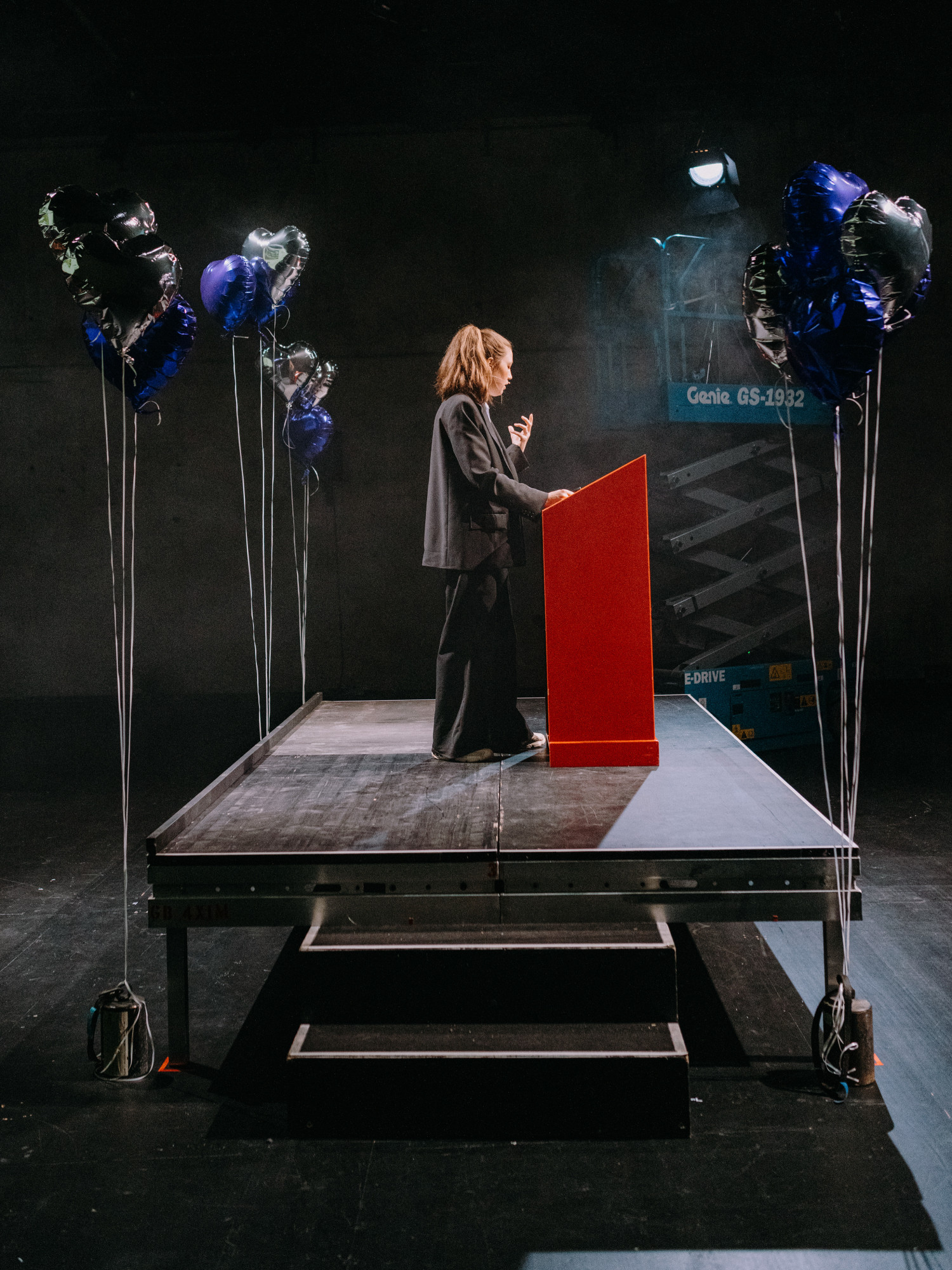
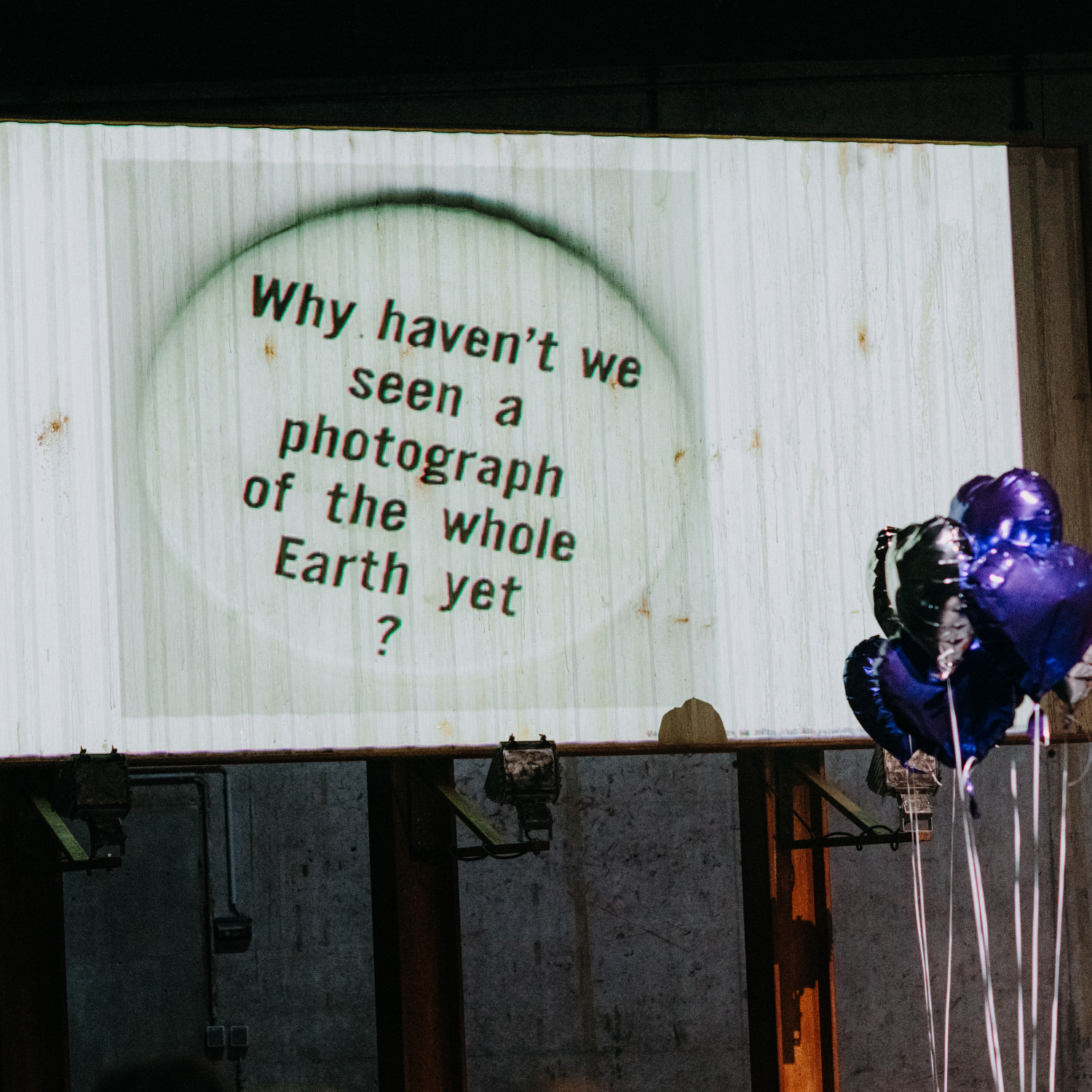
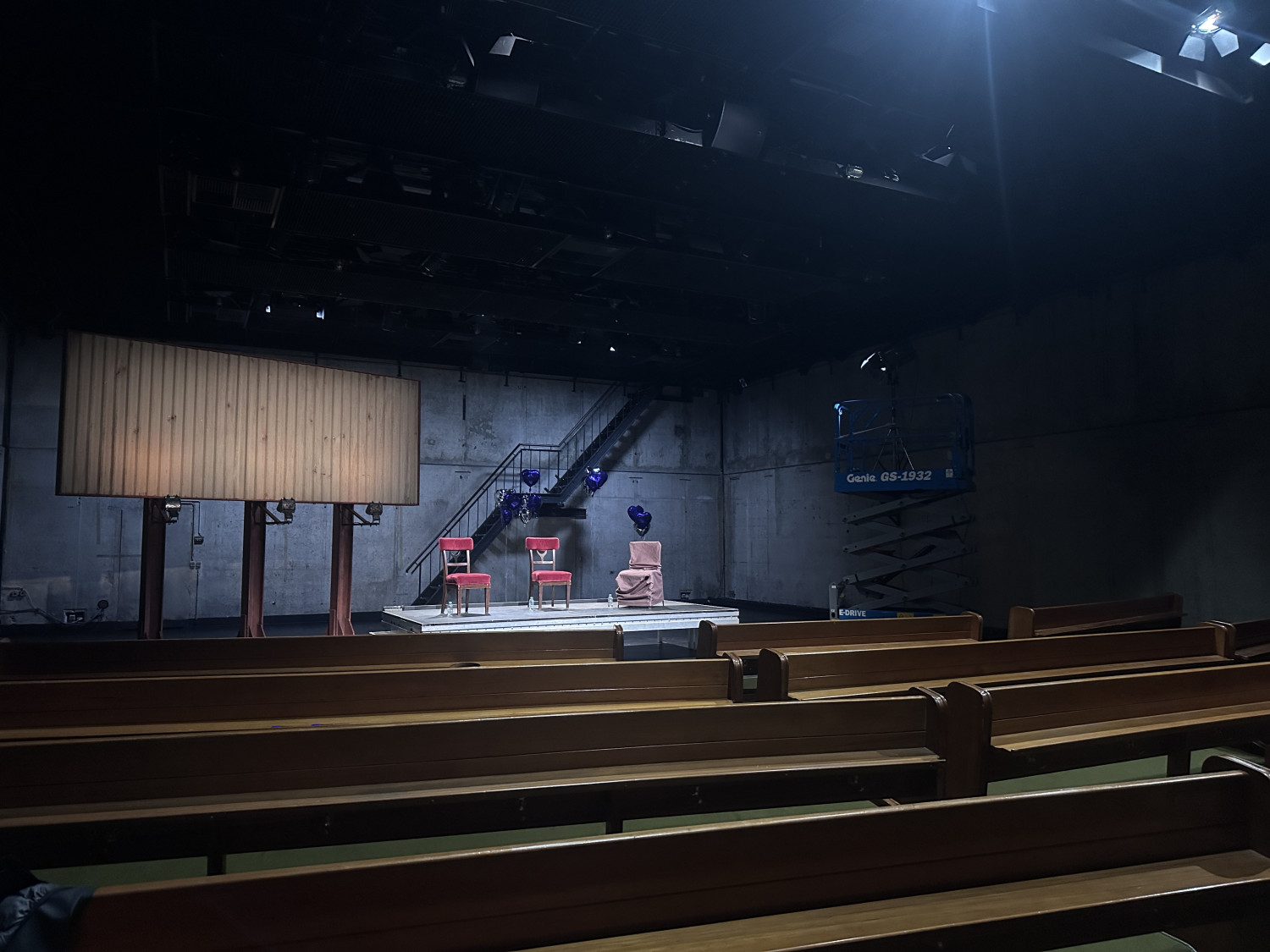
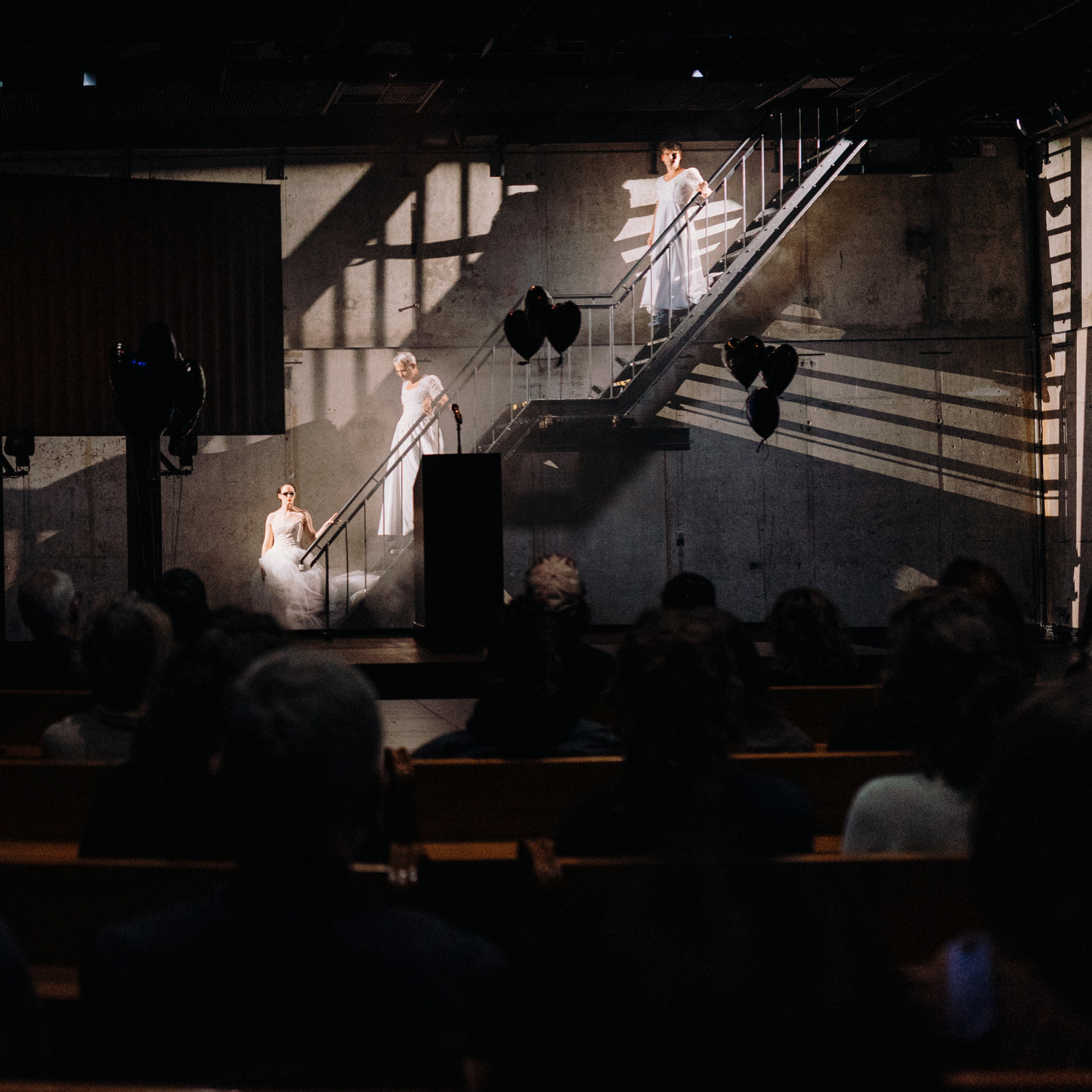






Our way of life and economy are reaching planetary limits. Beloved certainties are eroding. And communication about this is caught in a dilemma: if we emphasise the facts about the state of affairs, we run the risk of fuelling hopelessness and social paralysis. If we resort to talking about small steps in the right direction, we downplay the situation. Neither approach is helpful. Freely adapted from Heiner Müller's dictum "Necrophilia is love for the future!", palliative dramaturgy attempts to think about the future from the end. It translates experiences from end-of-life care and grief work into social narratives. Because it is not only individuals who have an expiry date, but societies too. But is there a connection between personal grief and mourning the loss of the world? And if so, how do we come to accept our situation? After all, according to palliative medicine, it is only in the phase of acceptance that meaningful action is possible again.
Experts in palliative medicine, sociology, education and cultural studies walk through the corridors of our minds, confronting us artists with the demons of our denial and despair, reconciling us practitioners with life and death, in order to turn the end of the world (as we know it) into a beginning.